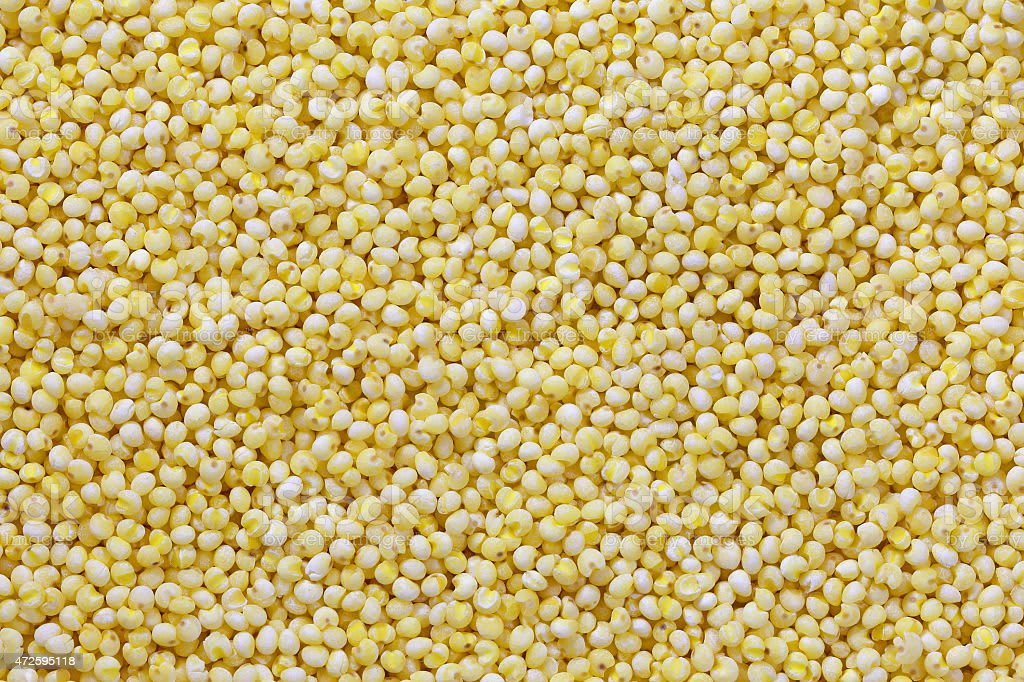Content warning
This story may contain sensitive material or discuss topics that some readers may find distressing. Reader discretion is advised. The views and opinions expressed in this story are those of the author and do not necessarily reflect the official policy or position of Vocal.
10 Healthy Millets you must include in Your Daily Diet!!
Millets

Including millets in your diet can be a great way to add variety and nutrition. Consuming millets daily can offer numerous health benefits. Here are some reasons why including millets in your daily diet can be beneficial:
Rich in Nutrients: Millets are packed with essential nutrients like fiber, vitamins (B-complex vitamins), minerals (iron, calcium, phosphorus), and antioxidants. They provide a well-rounded nutritional profile, contributing to overall health and well-being.
High in Fiber: Millets are an excellent source of dietary fiber. Including fiber-rich foods in your diet promotes healthy digestion, aids in maintaining a healthy weight, and reduces the risk of conditions like constipation, heart disease, and diabetes.
Gluten-Free: Many millet varieties are naturally gluten-free, making them a suitable choice for individuals with gluten sensitivities or celiac disease. Millets can serve as a nutritious alternative to gluten-containing grains.
Low Glycemic Index: Millets generally have a low glycemic index (GI), which means they are digested and absorbed more slowly, resulting in a gradual release of glucose into the bloodstream. This helps in maintaining stable blood sugar levels, reducing the risk of diabetes and promoting sustained energy levels.
Heart Health: The high fiber content in millets, along with their beneficial phytonutrients, may help lower cholesterol levels, reduce the risk of cardiovascular diseases, and promote heart health.
Weight Management: Millets are nutrient-dense and fiber-rich, promoting satiety and reducing hunger cravings. Including millets in your diet can support healthy weight management and aid in maintaining a balanced calorie intake.
Digestive Health: Millets' fiber content helps regulate bowel movements and promotes a healthy digestive system. They can alleviate digestive issues like constipation and promote a healthy gut microbiome.
Versatility in Cooking: Millets can be used in various dishes, such as porridge, upma, salads, soups, rotis, and even baked goods. Their versatility allows for creative and nutritious meal options.
Environmental Sustainability: Millets are generally resilient crops that require less water and are more tolerant of harsh weather conditions compared to other grains. Cultivating and consuming millets can contribute to sustainable farming practices and reduce the environmental impact of agriculture.
Cultural and Traditional Importance: Millets have been consumed for centuries in many cultures around the world. Embracing millets in your diet helps preserve traditional food practices and diversify your culinary experiences.
Here are 10 healthy millets that you can consider including in your diet:
Quinoa: Although technically a seed, quinoa is often considered a grain alternative. It is a complete protein source and rich in fiber, vitamins, and minerals.
Foxtail Millet: It is rich in iron, calcium, and fiber. Foxtail millet is easy to digest and can be used in various dishes like porridge, upma, and pilaf.
Pearl Millet (Bajra): It is high in iron, protein, and fiber. Pearl millet is commonly used to make rotis (flatbread), porridge, and snacks.
Finger Millet (Ragi): Ragi is a good source of calcium, iron, and amino acids. It is often used to make dosas, porridge, and baked goods like cookies.
Barnyard Millet: This millet is rich in fiber and minerals like calcium and phosphorus. It can be used in dishes such as pulao, khichdi, and upma.
Kodo Millet: It is a good source of antioxidants and essential nutrients like fiber, protein, and iron. Kodo millet can be used in various preparations like rice, khichdi, and idli.
Little Millet: This millet is rich in fiber, iron, and B vitamins. It can be used as a substitute for rice in dishes like pulao, biryani, and upma.
Proso Millet: Proso millet is gluten-free and contains high amounts of protein and fiber. It can be used in salads, soups, and as a rice substitute.
Sorghum (Jowar): It is a versatile millet with a good amount of fiber, protein, and antioxidants. Sorghum flour can be used to make rotis, pancakes, and baked goods.
Amaranth: Amaranth is a pseudocereal that is rich in protein, fiber, and micronutrients. It can be used as a grain substitute in dishes like porridge, salads, and pilaf.
These millets can be cooked and incorporated into various recipes according to your taste and preferences. They offer a range of health benefits and can be a valuable addition to a balanced diet. Including millets in your daily diet can provide a range of health benefits, making them a valuable addition to a balanced and nutritious eating plan.
About the Creator
Karancy
"I possess a strong passion for content writing, reading, and staying informed about the latest developments in various aspects of life. Additionally, I find great joy in appreciating birds and embracing the beauty of nature"
Enjoyed the story? Support the Creator.
Subscribe for free to receive all their stories in your feed. You could also pledge your support or give them a one-off tip, letting them know you appreciate their work.





Comments
Karancy is not accepting comments at the moment
Want to show your support? Send them a one-off tip.